Mao Zedong was the founder of the People’s Republic of China. He led China for 27 years, earning him the nickname The Great Helmsman. Mao was born on December 26, 1893 in a southeastern village called Shaoshan. In the early 20th century, China's economy depended almost entirely on agriculture. Mao belonged to a wealthy farming family, but most of the population was mired in misery. When he was 25, Mao moved to Chinese capital Beijing. There, he discovered communist ideology. In 1921, Mao helped found the Chinese Communist Party. At the time, China was ruled by the Nationalist Party called the KMT or Kuomintang. In the late 1920s, after a political thaw between the KMT and the Communists, the two sides were again at odds. Civil war followed. Communists were repeatedly beaten back and the party risked annihilation.
Mao took control of the party in 1934. He organized a massive 10,000-kilometer strategic retreat to northern China. This is known as The Long March. In 1937, Japan invaded China. Mao led the Chinese Red Army to fight the foreign invasion. Japanese troops withdrew in 1945. Four years later, the Communist Party came to power. Mao was elected party chairman. China changed its name to the People’s Republic of China. Mao confiscated land from rich farmers and redistributed it to poor ones. He also tried to ensure that the largely illiterate Chinese population learned to read and write. Not all of Mao’s efforts were successful. In the late 1950s, Mao introduced an economic reform called The Great Leap Forward. His reforms introduced modern technology to agriculture in China. He also tried to accelerate industrial development. Mao moved millions of peasants from farm work to steel factories. But the peasants were too inexperienced to work in factories and the new agricultural techniques proved ineffective. Famine followed, costing tens of millions of lives.
Many Communist Party members began questioning Mao’s policies. His effort to maintain control of the party and the country led to the Cultural Revolution. On the pretext of renewing party leadership, Mao put his enemies in prison or sentenced them to hard labor. In the early 1970s, Mao began a policy of cordial relations with the West. He supported China’s entry into the United Nations, and in 1972 he met with United States President Richard Nixon. Mao Zedong died in Beijing on September 9, 1976. He was 82. Despite enduring doubts about his politics, Mao is still considered one of the fathers of modern China.
Mao took control of the party in 1934. He organized a massive 10,000-kilometer strategic retreat to northern China. This is known as The Long March. In 1937, Japan invaded China. Mao led the Chinese Red Army to fight the foreign invasion. Japanese troops withdrew in 1945. Four years later, the Communist Party came to power. Mao was elected party chairman. China changed its name to the People’s Republic of China. Mao confiscated land from rich farmers and redistributed it to poor ones. He also tried to ensure that the largely illiterate Chinese population learned to read and write. Not all of Mao’s efforts were successful. In the late 1950s, Mao introduced an economic reform called The Great Leap Forward. His reforms introduced modern technology to agriculture in China. He also tried to accelerate industrial development. Mao moved millions of peasants from farm work to steel factories. But the peasants were too inexperienced to work in factories and the new agricultural techniques proved ineffective. Famine followed, costing tens of millions of lives.
Many Communist Party members began questioning Mao’s policies. His effort to maintain control of the party and the country led to the Cultural Revolution. On the pretext of renewing party leadership, Mao put his enemies in prison or sentenced them to hard labor. In the early 1970s, Mao began a policy of cordial relations with the West. He supported China’s entry into the United Nations, and in 1972 he met with United States President Richard Nixon. Mao Zedong died in Beijing on September 9, 1976. He was 82. Despite enduring doubts about his politics, Mao is still considered one of the fathers of modern China.
RELATED
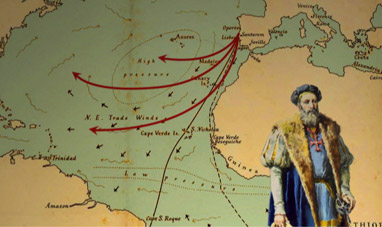

PEDRO ÁLVARES CABRAL
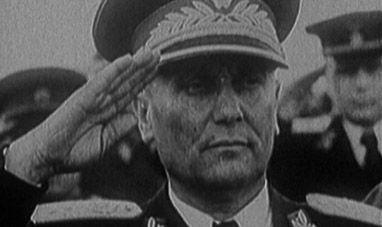

JOSIP BROZ TITO
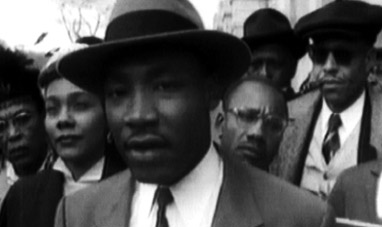

MARTIN LUTHER KING
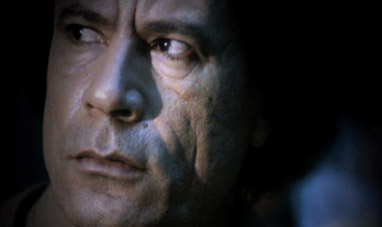

MUAMMAR EL-QADDAFI
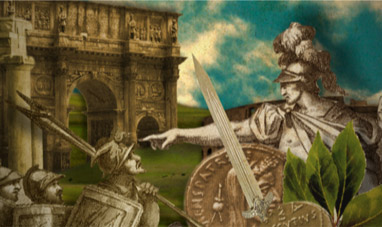

JULIUS CAESAR
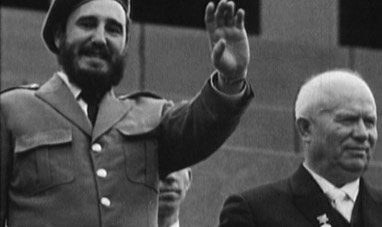

FIDEL CASTRO
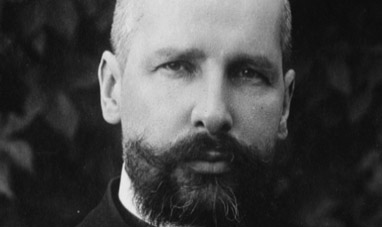

PYOTR STOLYPIN
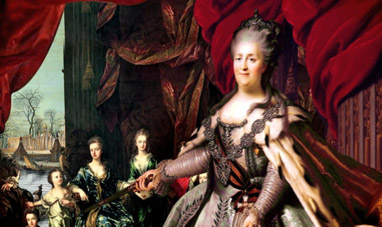

CATHERINE THE GREAT
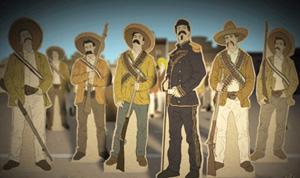

PORFIRIO DÍAZ
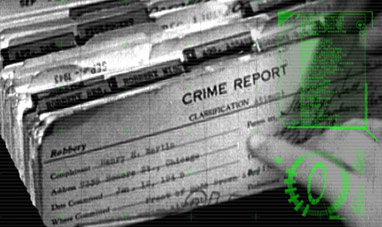

KIM PHILBY
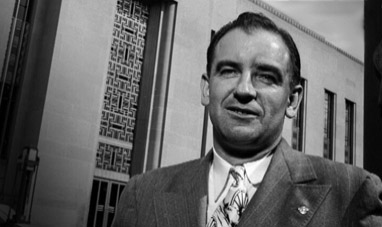

JOSEPH MCCARTHY
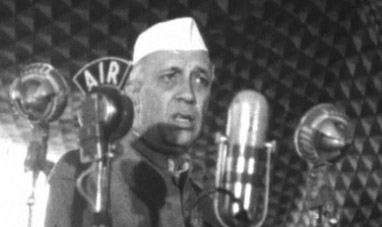

JAWAHARLAL NEHRU
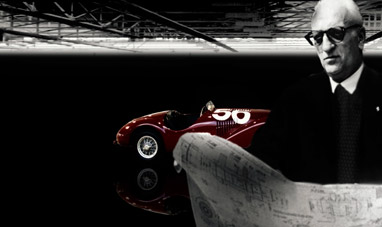

ENZO FERRARI
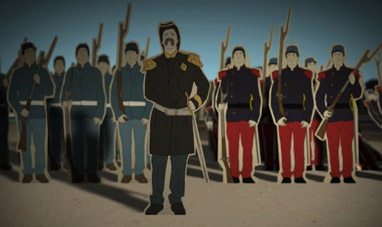

PATRICE DE MAC-MAHON
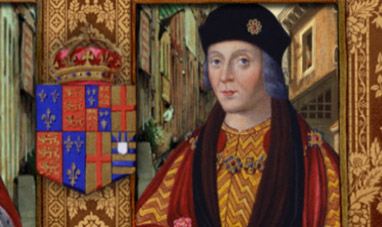

HENRY VII
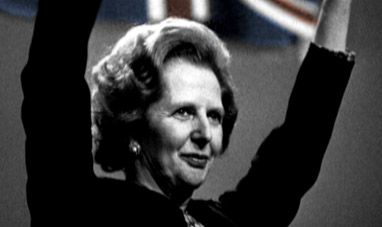

MARGARET THATCHER
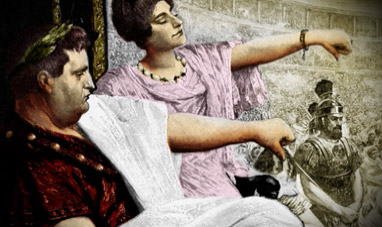

NERO
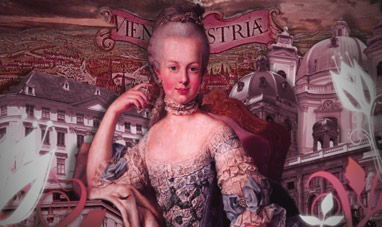

MARIE ANTOINETTE
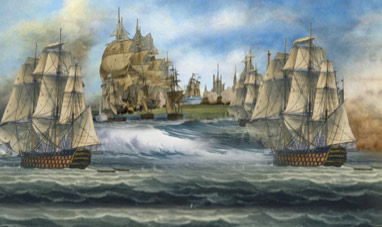

ZHENG HE
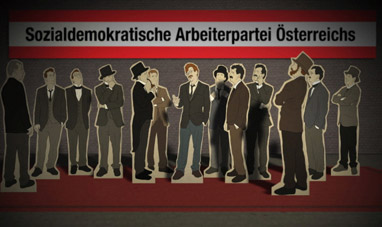

VIKTOR ADLER
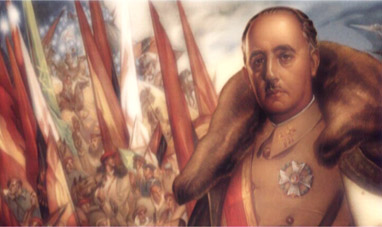

FRANCISCO FRANCO
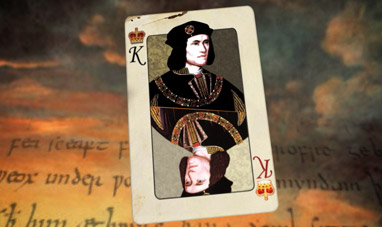

RICHARD III
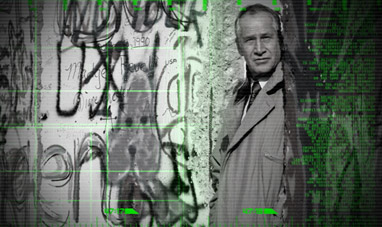

MARKUS WOLF
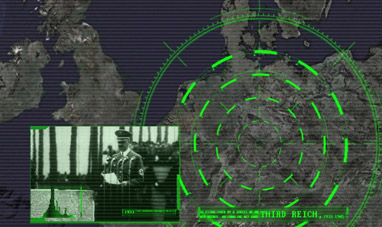

RICHARD SORGE
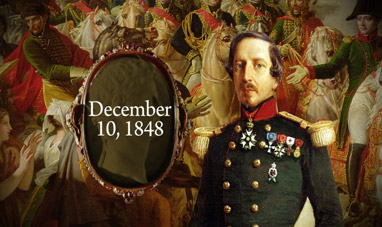

NAPOLEON III
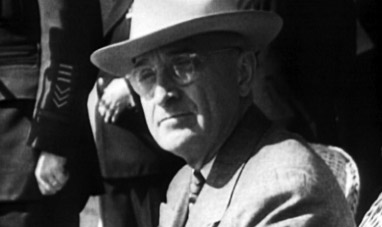

HARRY TRUMAN
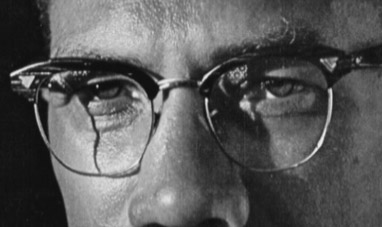

MALCOLM X
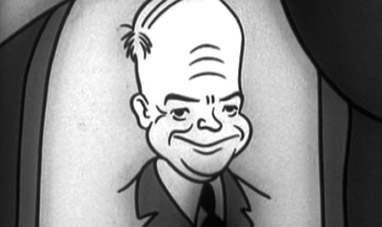

DWIGHT EISENHOWER
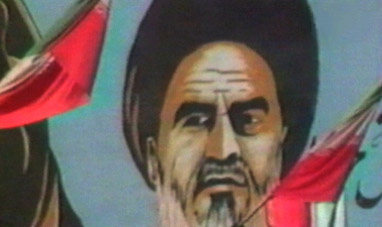

RUHOLLAH KHOMEINI
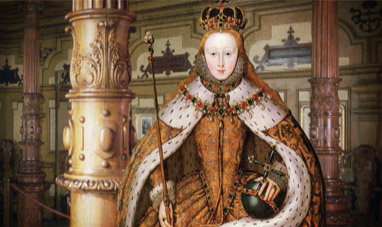

ELIZABETH I
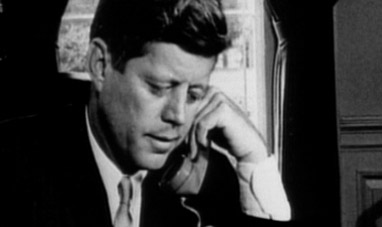

JOHN FITZGERALD KENNEDY
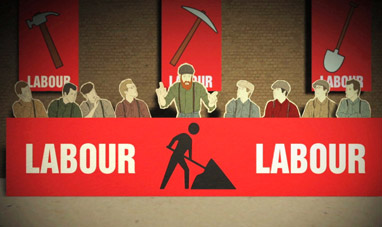

JAMES KEIR HARDIE
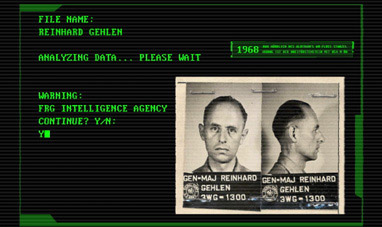

REINHARD GEHLEN
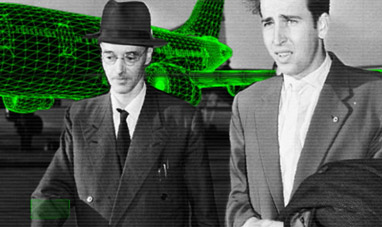

KLAUS EMIL FUCHS
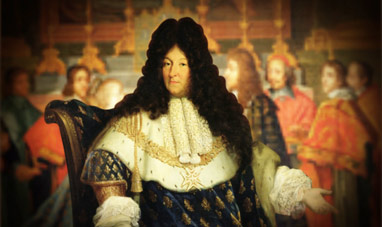

LOUIS XIV, THE SUN KING
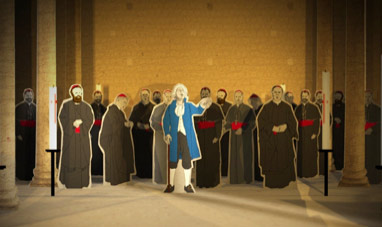

TALLEYRAND
